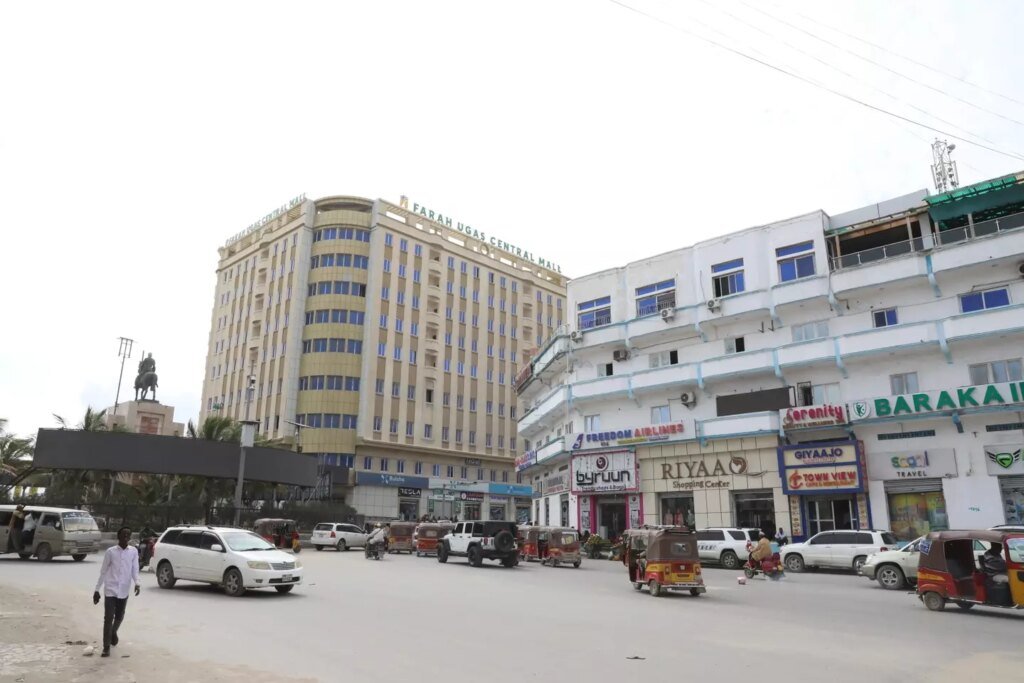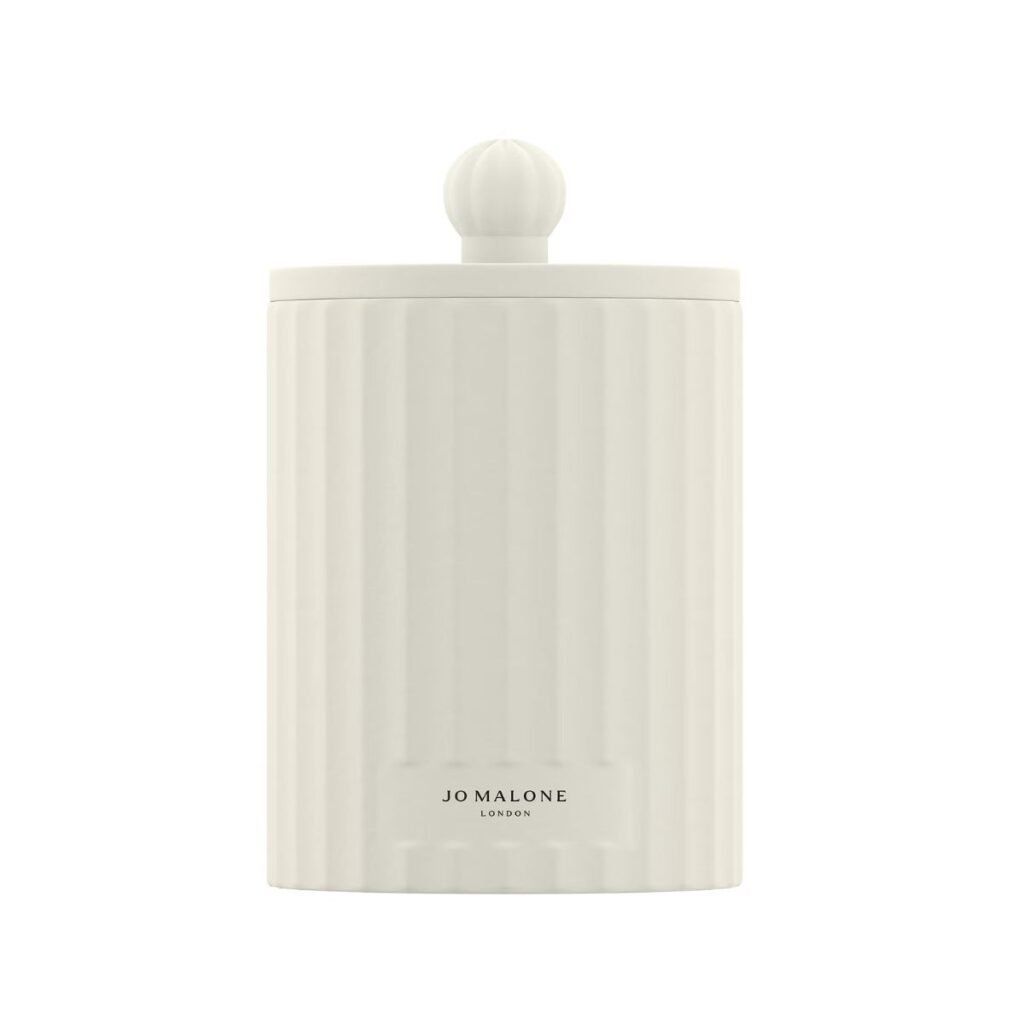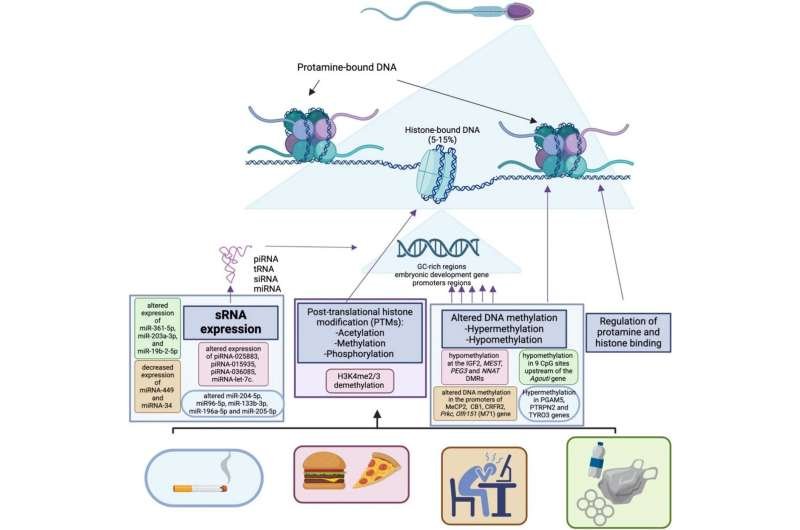Every year, Diwali lights up the skies with brilliance, joy, and celebration. Families come together, homes are adorned with lamps, and fireworks mark the festive spirit. However, once the celebration subsides, a darker reality emerges — a sharp increase in air pollution.
In 2025, this post-Diwali pollution is once again under scrutiny, as many Indian cities continue to experience alarming levels of smog and particulate matter. While the sparkling festivities last for a night, the health effects of pollution linger far longer.
What Causes the Post-Diwali Pollution Spike?
The primary contributor is the widespread use of firecrackers, which release a cocktail of harmful gases and particulate matter (PM2.5 and PM10) into the atmosphere. These fine particles are capable of penetrating deep into the lungs and even entering the bloodstream.
- Additional factors that amplify pollution around Diwali include:
- Stubble burning in northern states like Punjab and Haryana
- Cold weather that traps pollutants closer to the ground
- Increased vehicular emissions during holiday travel and shopping
- Dust from construction and urban congestion
Combined, these elements lead to a visible layer of smog that hangs over cities like Delhi, Lucknow, Kanpur, and others, making the air unsafe to breathe for days, sometimes weeks.
How Post-Diwali Pollution Affects Your Health
1. Respiratory Problems
Polluted air exacerbates conditions such as asthma, bronchitis, and COPD. Children and the elderly are especially vulnerable. People often experience:
- Coughing and wheezing
- Shortness of breath
- Chest tightness or pain
2. Eye and Skin Irritation
Chemicals from fireworks — including sulfur dioxide, nitrogen dioxide, and heavy metals — can lead to:
- Red, itchy, or watery eyes
- Skin rashes or allergic reactions
3. Heart Health Risks
Fine particulate matter is linked to increased blood pressure, heart attacks, and stroke, especially in those with pre-existing cardiovascular conditions.
4. Mental Health and Fatigue
Prolonged exposure to high pollution levels can contribute to:
- Headaches
- Fatigue
- Irritability
- Increased risk of anxiety and depression, according to recent health studies
5. Weakened Immune System
Air pollution impairs your body’s natural defenses, making you more susceptible to infections — a major concern as flu season and pollution season overlap in India.
Steps You Can Take to Protect Yourself
As the pollution crisis worsens post-Diwali, personal precautions are crucial:
- Wear N95 masks when stepping outdoors
- Use air purifiers at home and keep windows closed during peak hours
- Avoid outdoor exercise in the early morning or late evening when pollution peaks
- Stay hydrated and eat antioxidant-rich foods like fruits, green vegetables, and turmeric
- Monitor air quality using apps like AQI India, SAFAR, or Plume Labs
Looking Ahead: Is There Hope for a Cleaner Diwali?
With growing awareness and court interventions, several Indian states have imposed firecracker bans or restrictions. In 2025, green crackers — a low-emission alternative — are being promoted once again, though enforcement remains a challenge.
Public participation and responsibility are key. Opting for eco-friendly celebrations, reducing vehicular use, and supporting clean air initiatives can help reverse the trend.
(This article is meant for informational purposes only and must not be considered a substitute for advice provided by qualified medical professionals.)








